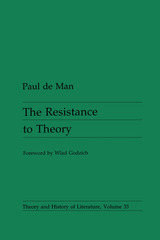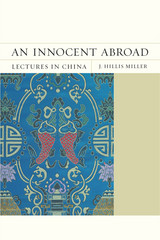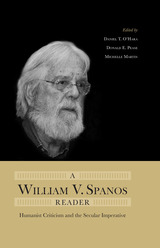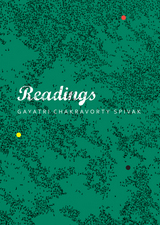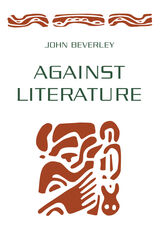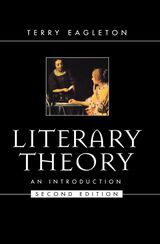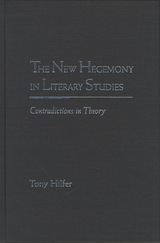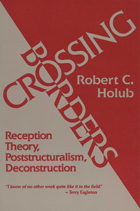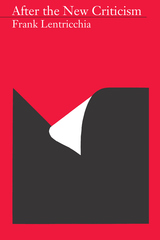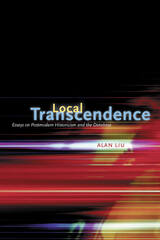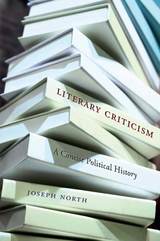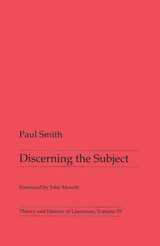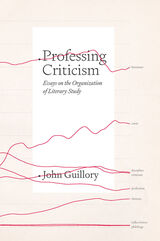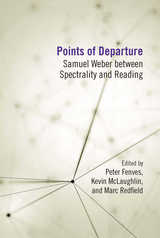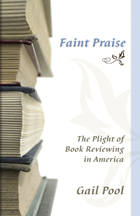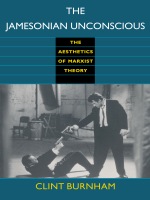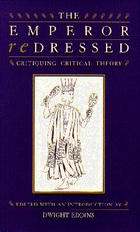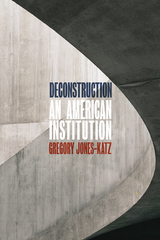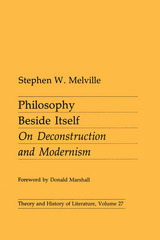Text: The Genealogy of an Antidisciplinary Object
Duke University Press, 1992
Cloth: 978-0-8223-1251-2 | Paper: 978-0-8223-1273-4 | eISBN: 978-0-8223-9827-1
Library of Congress Classification PN94.M68 1992
Dewey Decimal Classification 801.9509045
Cloth: 978-0-8223-1251-2 | Paper: 978-0-8223-1273-4 | eISBN: 978-0-8223-9827-1
Library of Congress Classification PN94.M68 1992
Dewey Decimal Classification 801.9509045
ABOUT THIS BOOK | AUTHOR BIOGRAPHY | REVIEWS
ABOUT THIS BOOK
The concept of textuality in recent decades has come to designate a fundamentally contested terrain within a number of academic disciplines. How it came to occupy this position is the subject of John Mowitt's book, a critical genealogy of the social and intellectual conditions that contributed to the emergence of the textual object.
Beginning with the Tel Quel group in France in the sixties and seventies, Mowitt's study details how a certain interdisciplinary crisis prompted academics to rethink the conditions of cultural interpretation. Concentrating on three disciplinary projects—literary analysis, film studies, and musicology—Mowitt shows how textuality's emergence called into question not merely the relations among these disciplines, but also the cultural logic of disciplinary reason as such.
At once an effort to define "the text" and to explore and extend the theory of textuality, this book illustrates why the notion of interdisciplinary research has recently acquired such urgency. At the same time, by emphasizing the genealogical dimension of the textual object, Mowitt raises the issues of its "antidisciplinary" character, and by extension its immediate pertinence for the current debates over multiculturalism and Eurocentrism.
Beginning with the Tel Quel group in France in the sixties and seventies, Mowitt's study details how a certain interdisciplinary crisis prompted academics to rethink the conditions of cultural interpretation. Concentrating on three disciplinary projects—literary analysis, film studies, and musicology—Mowitt shows how textuality's emergence called into question not merely the relations among these disciplines, but also the cultural logic of disciplinary reason as such.
At once an effort to define "the text" and to explore and extend the theory of textuality, this book illustrates why the notion of interdisciplinary research has recently acquired such urgency. At the same time, by emphasizing the genealogical dimension of the textual object, Mowitt raises the issues of its "antidisciplinary" character, and by extension its immediate pertinence for the current debates over multiculturalism and Eurocentrism.
See other books on: Criticism, Textual | Genealogy | Mowitt, John | Semiotics & Theory | Text
See other titles from Duke University Press

